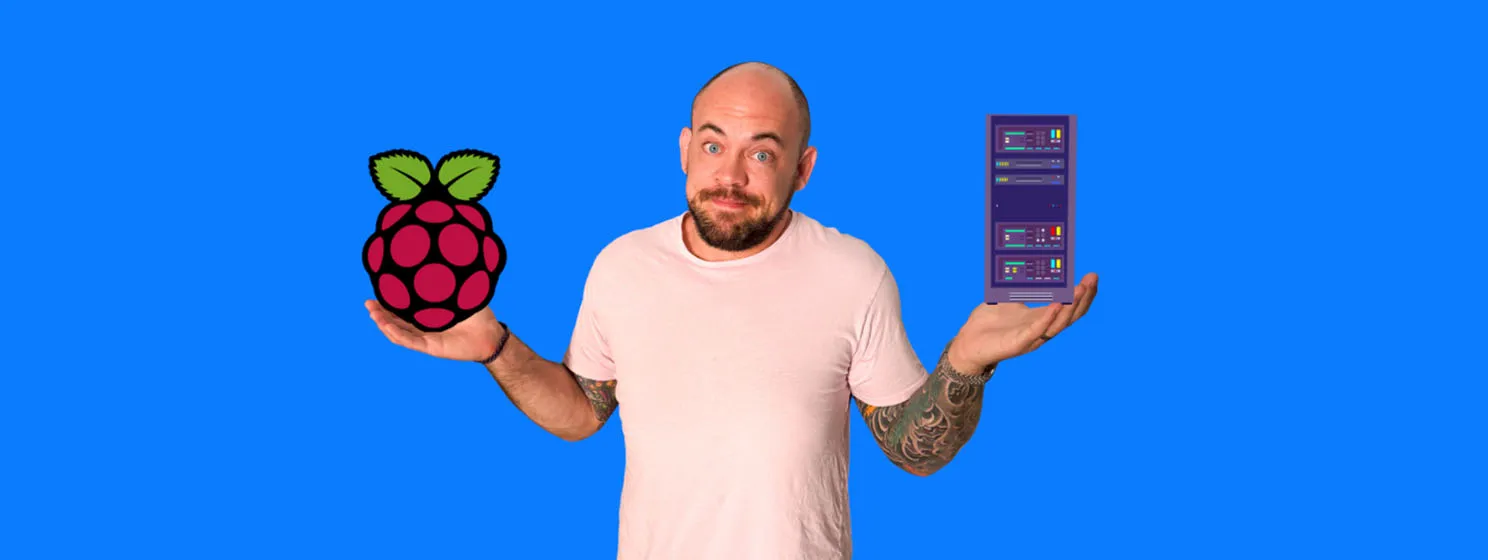|
Getting your Trinity Audio player ready...
|
A recent GitHub discussion amongst the Bitcoin Core team, in discussing the future 0.19.0 release of BTC, covered their plans to disable BIP70 by default. This marks a significant divergence in the paths of BTC and Bitcoin SV (BSV), and one which will cement the nature of each digital asset.
BIP70 is a Bitcoin payment protocol. It allows users to send signed payments to a recipient in a peer to peer fashion, as the original Bitcoin whitepaper intended. As recent coverage of this topic from Cointelegraph notes, BTC payment processors like Bitpay have favored BIP70 over other alternatives.
But now the Bitcoin Core team are pushing BIP21, which would move away from peer to peer transactions in favor of defined addresses. Many wallets and merchants have already made this move, but the news that the BTC development team are now making it the default standard is significant as it will hurt Bitpay’s business model.
As BIP70 is no longer the default payment protocol for BTC, more users will find their wallets unable to pay Bitpay invoices unless they specifically seek out a BIP70 compatible wallet option, or know how to alter their wallet settings appropriately. This may cause users to shy away from making BTC purchases where Bitpay invoices are found, and for businesses to ultimately drop Bitpay as their payment processor.
As BIP21 has been around for some time, there’s no question with regards to if it will work. BTC wallets and users are already using it. But as its now been embraced by the BTC developers, they are firmly signaling a shift away from the peer to peer nature laid out by the Bitcoin whitepaper, and toward something else entirely, as they’ve already done by working towards their off-chain Lightning Network.
Going in an entirely different direction is BSV. While also not sticking to BIP70, BSV is instead moving to embrace BIP270, which will be even more in the spirit of Satoshi’s whitepaper. BIP270 simplifies and extends BIP70, and ensures wallets do not have to run their own nodes, but instead use the Simplified Payment Verifciation (SPV) system outlined by Satoshi, allowing pay-to-ip transactions.
Not only would that move make BSV more adherent to the original whitepaper, but it will further reduce the burden on BSV wallets and businesses, as running and maintaining a node can be costly. Combined with better identity systems, like Paymail, users also have a better experience, as payments are made easier and faster.
BTC’s move to BIP21 isn’t really an issue unless your payment systems depend on it, like Bitpay. The BTC team decided long ago that their digital asset should be seen as an investment opportunity, and ultimately a store of value.
In choosing to restore Satoshi’s original vision with BIP270, BSV is instead choosing the path of being a digital currency that can have every day use, as the original Bitcoin whitepaper envisioned. BTC, in moving away from that with BIP21, are also moving away from Satoshi’s original vision of Bitcoin.

 07-14-2025
07-14-2025 





